Blog
Welcome to our blog. Here, you’ll find helpful articles, tips, and fun facts about how to better protect your home and your family. We hope you enjoy your stay.
Welcome to our blog. Here, you’ll find helpful articles, tips, and fun facts about how to better protect your home and your family. We hope you enjoy your stay.
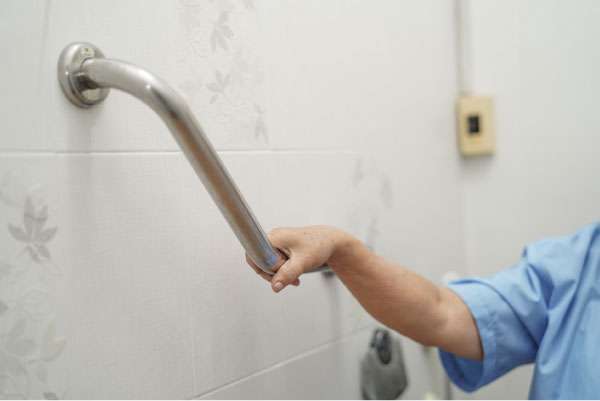
The vast majority of seniors want to age in place and live independently in their own homes. That means home safety must be a priority. Falls are the leading cause of injury among older adults, and many of these falls happen in the bathroom. Safety rails and grab bars installed in the shower/tub and toilet area can help prevent dangerous, even life-threatening, injuries.
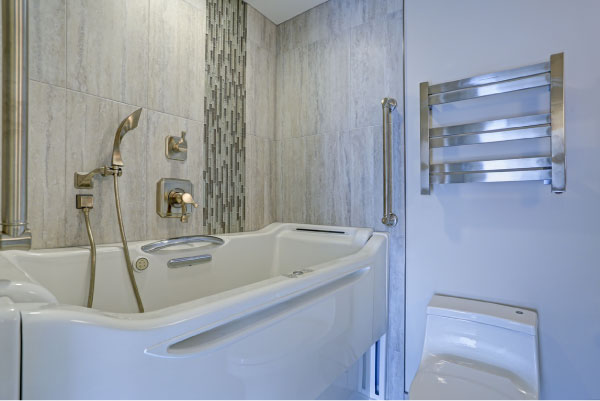
A walk-in tub is an important home modification for aging in place, helping seniors avoid falls and injuries in their bathrooms. But will Medicare pay for a walk-in tub?
In most cases, traditional Medicare and supplemental Medicare insurance (Medigap) plans will not pay for a walk-in tub.
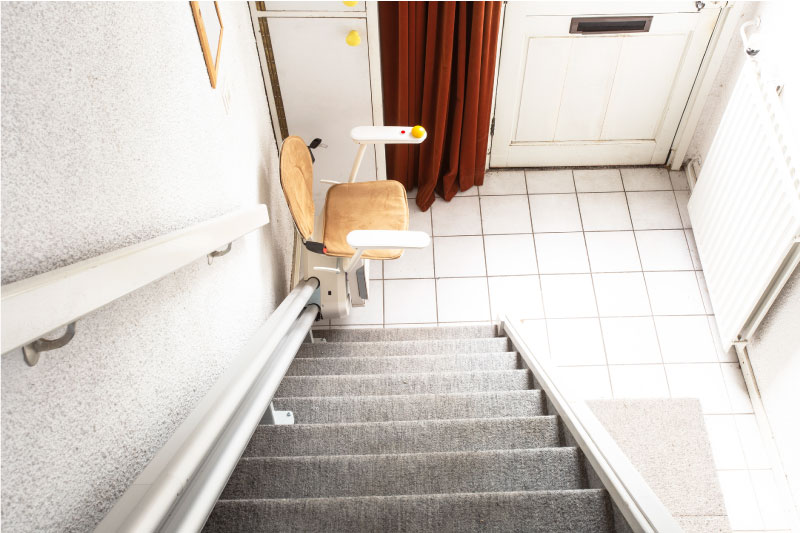
A stair lift and help a senior mobility, a key part of aging in place. But will Medicare pay for a stair lift?
Traditional and Supplemental Medicare policies don’t cover stair lifts (sometimes called chair lifts or glide lifts), but seniors who need one may still be able to get financial help. Other possibilities include Medicare Advantage plans, Veterans Administration benefits, Medicaid eligibility, and state home improvement assistance programs.
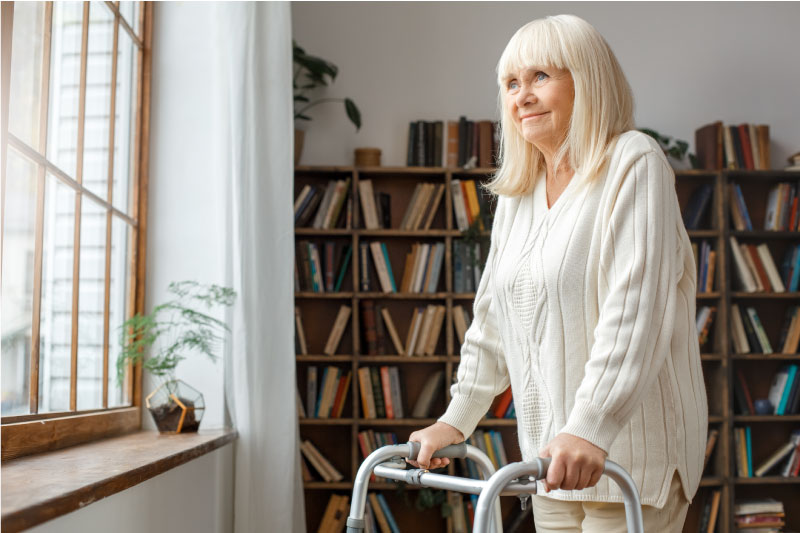
Are you struggling to choose the best walker for your senior or elderly loved one? It’s no wonder! Modern walkers and rollators have come a long way from the spartan walkers with basic metal frames most of us remember. Today’s models have many more features, and some are even suitable for rougher terrain.
In this article, we’ll help you understand the different types of walkers and sort through the options to select the best walker for your senior relative’s needs.
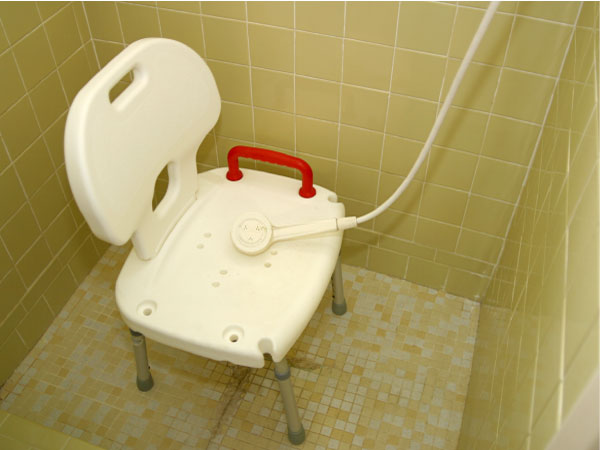
In the most cases, traditional Medicare Part B doesn’t cover bathroom safety equipment like shower chairs, grab bars, and other assistive devices. Many senior advocates criticize that policy because falls are the leading cause of injury among older adults in the United States. They account for an estimated $31 billion in health care spending each year. Falls on stairs and in bathrooms are substantially more likely to require medical treatment and/or hospitalization. Shower chairs and grab bars can help prevent those falls.
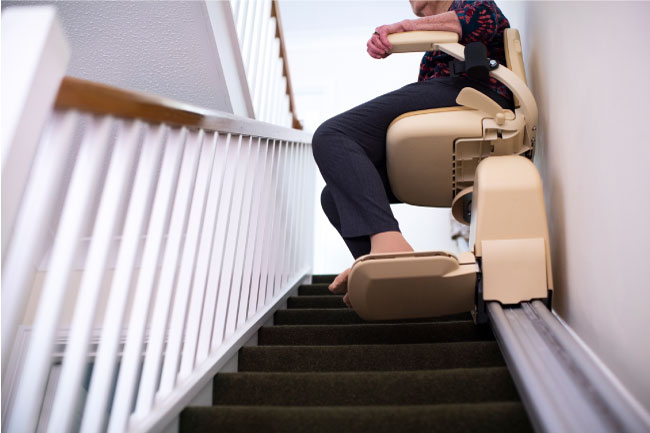
For most seniors, mobility equals independence. Many of the people who enter assisted living each year do so because they have problems moving about safely inside their homes. Stairs represent a particular challenge because senior falls are dangerous – sometimes deadly.
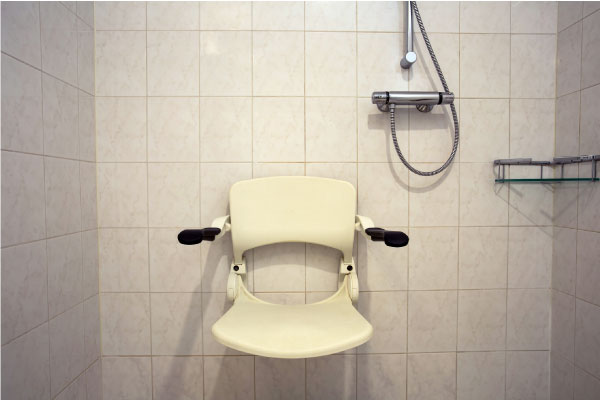
Aging in place means helping seniors stay in their home and live happier lives. But to keep your loved one safe and healthy, it’s important to walk through their home to ensure proper changes are made to support older bodies. Don’t skip choosing an appropriate shower chair, as this could prevent serious falls and injuries!
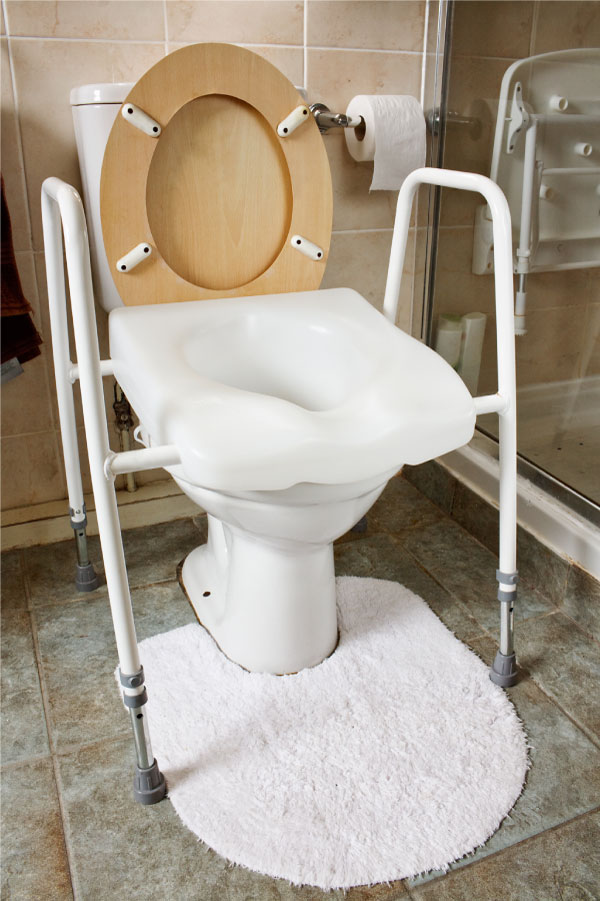
Senior home modifications are key to successfully aging in place, helping them remain in their homes for as long as possible. A raised toilet seat makes it easier for someone with mobility issues to use the toilet independently. Also called “elevated toilet seats,” they come in many different sizes and styles. It’s important to consider your loved one’s individual needs before choosing one. The wrong type raised toilet seat may actually increase the risk of a fall.

Helping seniors age in place requires home modifications to accommodate their reduced physical abilities. For older adults, the slippery surfaces in the bathroom mean that a senior bathroom makeover can be key to aging in place safely. According to the Centers for Disease Control (CDC), more than a quarter of seniors age 65 and older fall each year. Many of those falls happen when while entering or exiting the tub.
To our valued customers,
At GetSafe, the safety & well-being of our customers are our top priority. As your medical alert provider, we continue to closely monitor the impacts of Coronavirus (COVID-19), and we strive to ensure the health and safety of our collective employees, clients and communities.
With concerns growing daily, we wanted to provide an update on our operations.
Monitoring Operations
All 24/7 emergency monitoring operations are staffed and fully functional. GetSafe is designated by the government as an essential service and there will not be any interruptions in service.
Be confident that a trained medical alert representative will answer your call should you need help. Investments we’ve made in technology and personnel to achieve redundancy will allow us to continue to operate uninterrupted during the coming weeks and months.
Business Operations
As an organization that’s primarily focused on serving and protecting the elderly (who are the most at risk with Covid-19) we will still be operating under normal business hours.
Having said that, under CDC recommendations, our business location will have reduced staff. GetSafe has implemented work-from-home policies to do our part to help slow and stop the spreading of the virus.
Due to this reduction in business personnel, we are no longer accepting walk-in customers. Please also note that you may experience slightly longer hold times and shipping delays due to increased demand.
As always, thank you for your trust in GetSafe. Together, we will overcome these uncharted waters and come out stronger than before.
Sincerely,
GetSafe Leadership Team